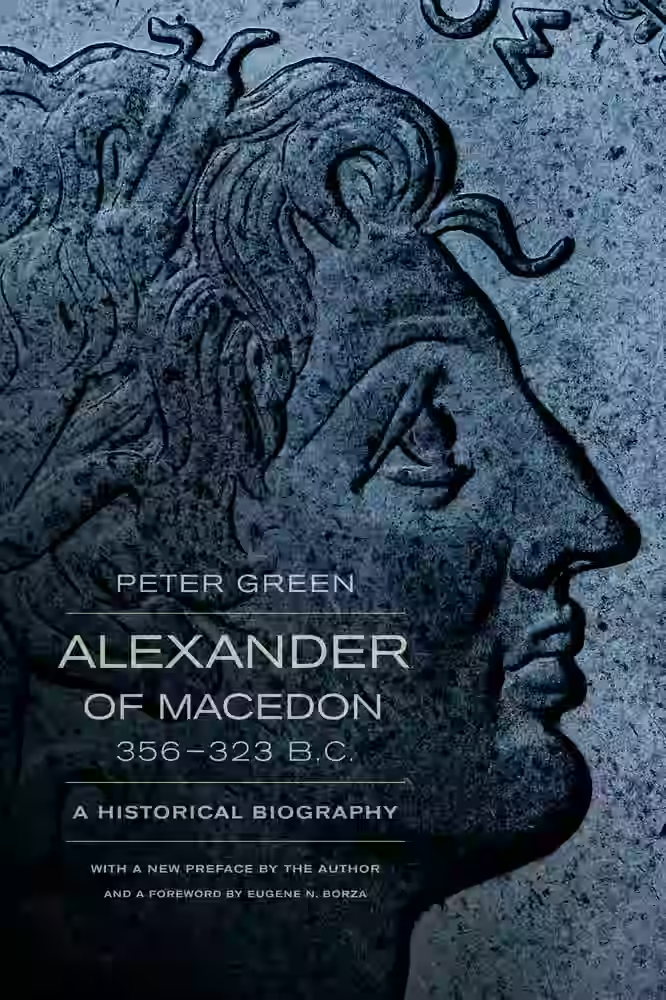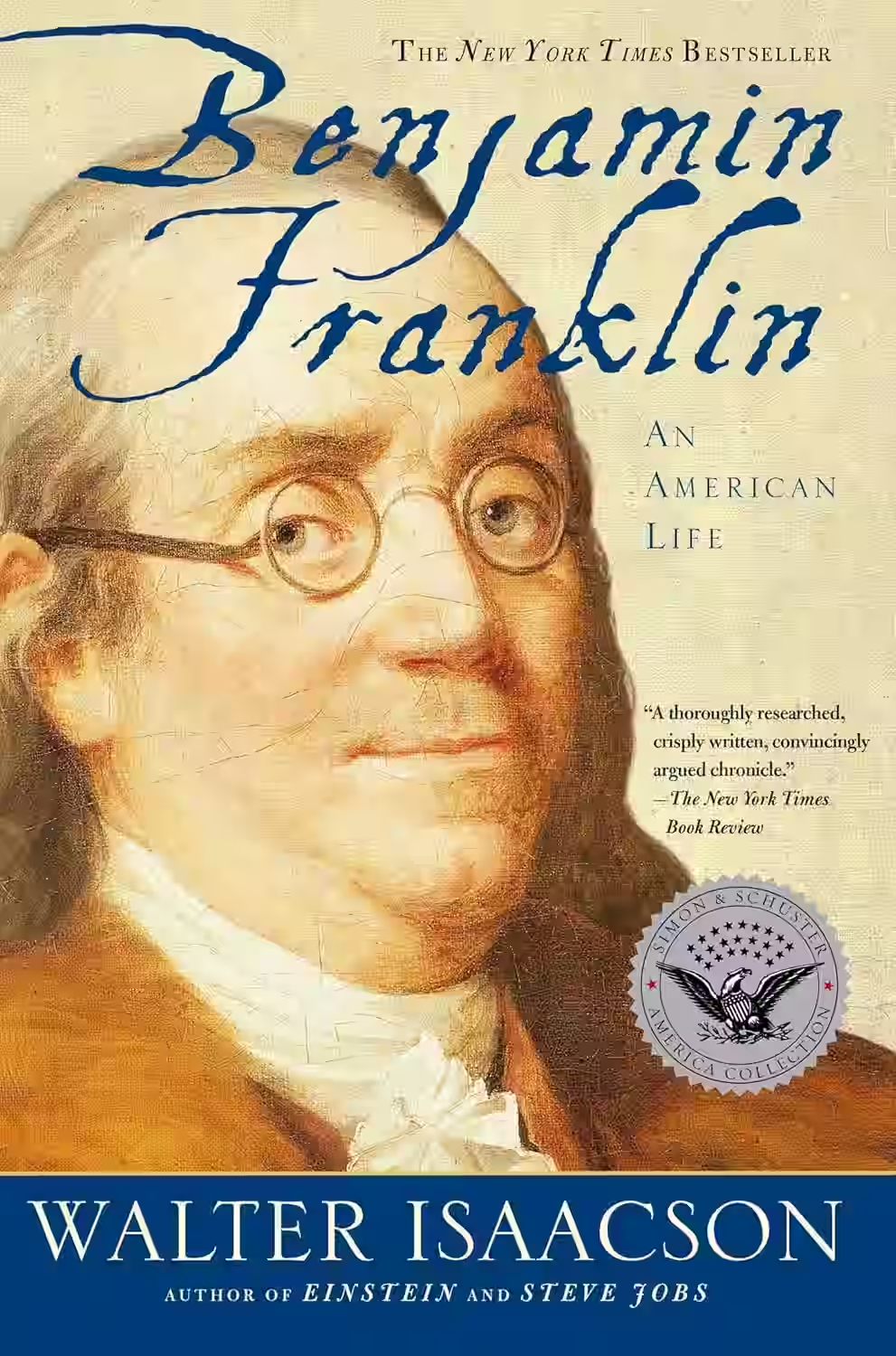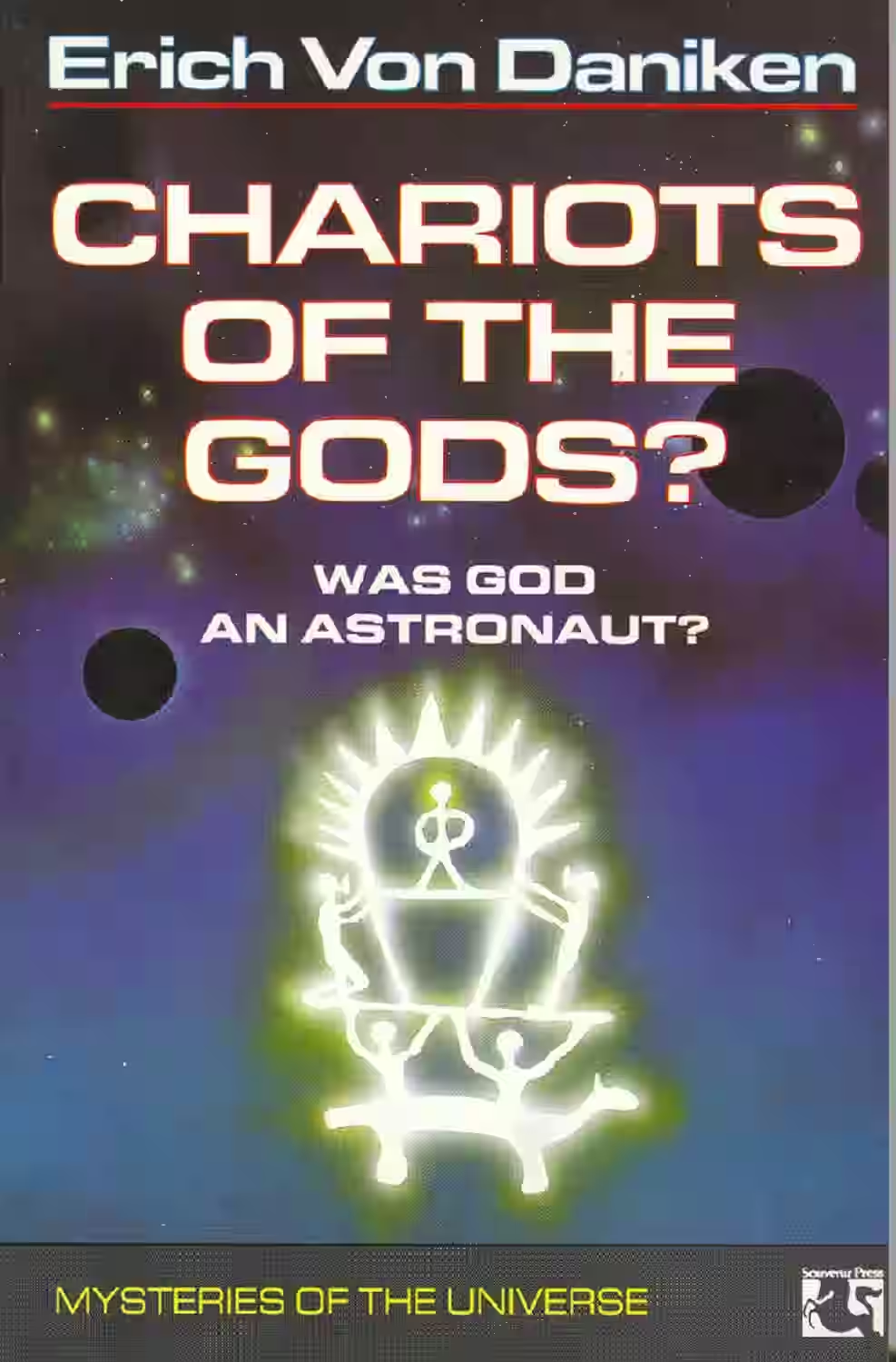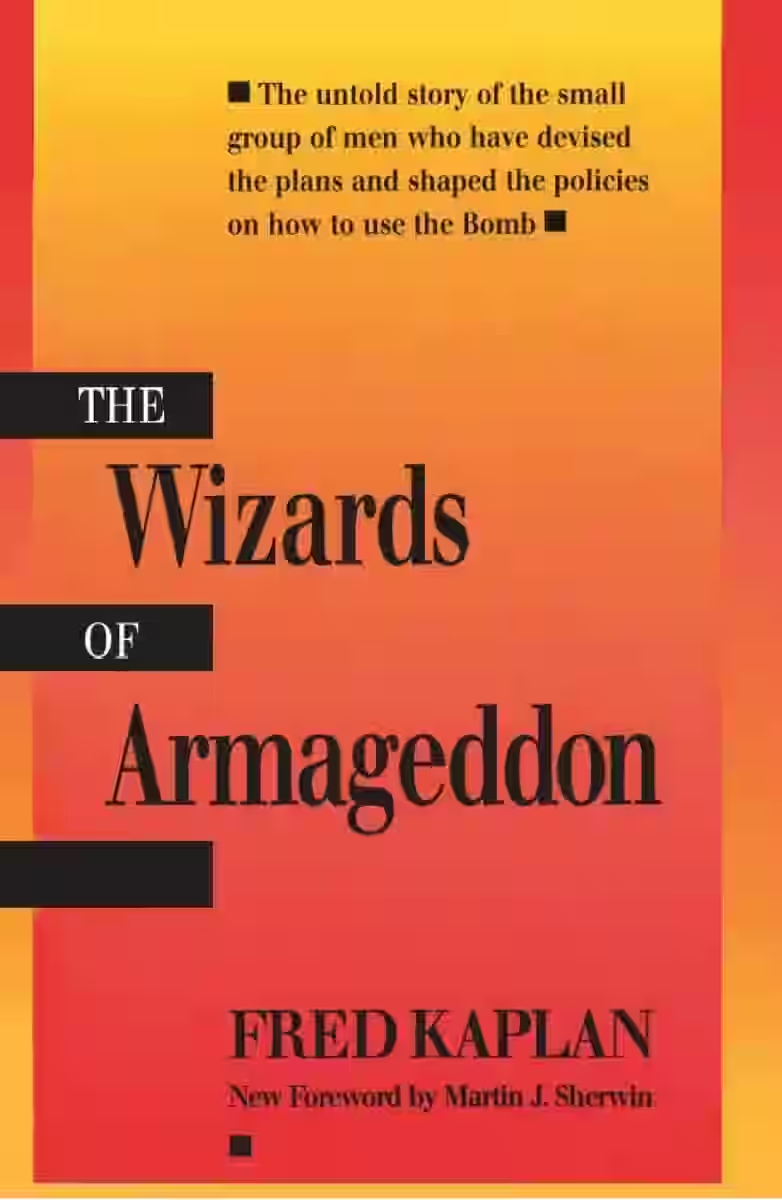
In 'Alexander of Macedon, 356–323 B.C.: A Historical Biography' by Peter Green, readers are taken on a detailed and immersive journey through the life of one of history's most legendary figures. Green masterfully weaves together historical accounts, anecdotes, and analysis to present a vivid portrayal of Alexander the Great's rise to power, conquests, and legacy. The book explores Alexander's complex character, military strategies, relationships with his contemporaries, and the lasting impact of his conquests on Western civilization. Green's narrative is both scholarly and engaging, making this biography a must-read for history enthusiasts and those intrigued by the enigmatic figure of Alexander the Great.
About Peter Green
Peter Green (1924–2014) was a renowned classical scholar and historian, known for his groundbreaking works on ancient Greece and Rome. Born in England, Green served in the British Intelligence during World War II before pursuing a distinguished academic career. His insightful biographies and translations of classical texts, such as 'Alexander of Macedon' and 'The Iliad', earned him international acclaim and established him as a leading authority in the field. Green's vivid storytelling and deep research brought ancient history to life for modern readers, making him a beloved figure in both scholarly and literary communities.
Similar Books

Benjamin Franklin: An American Life
In 'Benjamin Franklin: An American Life' by Walter Isaacson, readers are taken on a captivating journey through the extraordinary life of one of America's founding fathers. Isaacson skillfully weaves together Franklin's roles as a scientist, inventor, diplomat, and statesman, showcasing his immense impact on shaping the American nation. Through detailed research and engaging storytelling, the book delves into Franklin's wit, wisdom, and the complexities of his character, offering a nuanced portrayal of this iconic figure. From his humble beginnings to his key contributions to the Declaration of Independence, Isaacson presents a comprehensive and insightful account of Franklin's enduring legacy.

Chariots of the Gods
In 'Chariots of the Gods,' Erich von Daniken explores the theory that ancient civilizations received help from advanced extraterrestrial beings. Through his research and analysis of various archaeological sites and ancient texts, von Daniken presents compelling evidence to support his bold claims. The book delves into mysteries like the construction of the Egyptian pyramids, Nazca lines in Peru, and the Moai statues of Easter Island, offering thought-provoking insights into the possibility of alien intervention in human history. 'Chariots of the Gods' challenges readers to question mainstream perspectives on ancient civilizations and contemplate the role of otherworldly influences. Von Daniken's unconventional theories have sparked debate and captivated audiences worldwide.

The Right Stuff
by Tom Wolfe
In 'The Right Stuff' by Tom Wolfe, readers are thrust into the exhilarating world of test pilots and astronauts during the early days of the Space Race. The book delves into the psyche of these fearless men, exploring themes of courage, ambition, and the relentless pursuit of greatness amidst life-threatening challenges. Wolfe's narrative paints a vivid picture of the astronauts' bravery and the complex dynamics within the exclusive world of space exploration. With a riveting blend of history and storytelling, 'The Right Stuff' immerses readers in the high-stakes drama of America's quest for the stars, offering a compelling insight into the human spirit and its boundless capacity for extraordinary feats.

The Wizards of Armageddon
by Fred Kaplan
In 'The Wizards of Armageddon' by Fred Kaplan, readers are taken on a gripping journey through the history of nuclear strategy and the Cold War. Kaplan delves into the lives of key figures known as the 'wizards,' who shaped and influenced America's approach to nuclear warfare. Through meticulous research and compelling storytelling, the book explores the high-stakes decisions and the terrifying potential consequences of living in a world armed with nuclear weapons. Kaplan's clear prose and detailed analysis provide readers with a deeper understanding of the complexities and challenges of nuclear deterrence. A must-read for those interested in military history and political strategy.